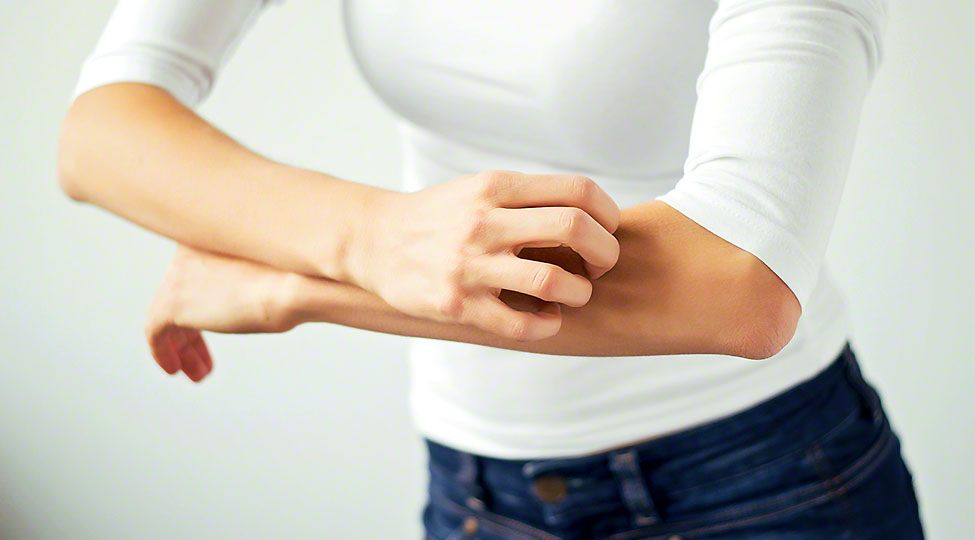How To Manage Eczema And Avoid Severe Skin Reactions
Eczema or atopic dermatitis is a type of skin allergy caused by an irritant like any food, animal dander, sweating, dust mites, or any other thing that doesn’t do anything to people without eczema but can cause rashes or swelling on the skin of people with eczema. You must visit an allergy clinic for treatment to avoid severe reactions. Other than that, try the below tips to prevent flare-ups.
Avoid The Irritant
During diagnosis, your doctor may have identified the triggers for you. It could be a food item or anything else. Try to avoid the trigger. For example, if it’s animal dander, never pet an animal and avoid going to places and houses where pets roam freely.
Don’t Stop The Medication
In many cases, the medication is stopping the skin allergy from flaring up. So, taking the medication prescribed by the doctor is essential. If they have recommended any cream or lotion apply it as well.
The medication will help you avoid severe allergic reactions even if you mistakenly come in contact with the triggers or eat the food that results in skin rashes and swelling.
Resist The Urge To Scratch
A common symptom of allergy is itching. When a person scratches the area of itching, they do feel temporary relief, but the urge to scratch keeps arising. This leads to thick, leathery skin and increases the risk of infection as well.
An infection in the part of the body where the skin is swollen or itching can make matters worse. Puss will form in the itching area along with pain and itching. The area may be swollen as well.
If a kid is suffering from this condition, keep the nails of the kid short and clean. Moreover, doctors may prescribe antihistamines for a short period.
Moisturize Your Skin Daily
Moisturized skin is less prone to eczema flare-ups and is an easy way to avoid them. A skin that is too dry becomes rough and itching. This also forms cracks in the skin which act as an entrance for bacteria in your skin and cause infections or allergens to cause rashes, swelling, and itching.
Make sure to keep using a moisturizer of your choice even when you have no symptoms. You can use an oil-based cream that is odor free as a moisturizer. Plus, read the labels of products you apply on the skin and only use hypoallergenic products.
Apply the moisturizer cream on your skin after taking a shower. Plus, soak in warm water that has bath oil to ease up the skin from rashes and itching. Many common products may be a trigger for you so be careful when using soap, body wash, laundry detergent, lotions, and other items. Notice any signs of rashes or swelling and stop using the product that causes it.
Other than moisturizing your skin, avoid extreme changes in temperature because this can also lead to eczema flare-ups. Use a humidifier in your home or room to keep the air humid.
Take Note Of The Triggers
Even though you may have been diagnosed and know the triggers, keep track of the things you eat and came in contact with when you face skin allergy reactions. This will enable you to avoid the triggers in a better manner.
Select Clothes Carefully
Clothes that are itchy, too tight, or the fabric is a trigger of your skin are a complete no. If your trigger is sweating, wearing too warm clothes can cause sweating and lead to skin reactions.
Avoid Stress And Anxiety
The unexpected causes of skin allergy reactions are stress and anxiety. It is can become an endless cycle because stress can cause rashes and then it can stress you out even more.
Take help from family, friends, or a support group if needed to find ways that can help you relax when you’re stressed. You can try aromatherapy, bathing in warm water, and massage therapy for relieving stress. Furthermore, make sure to get the desired hours of sleep for a refreshed next day.
Conclusion
With lifestyle changes and care, you can avoid eczema flare-ups that disturb your daily routine. Moreover, go to an allergy specialist Manassas for treatment and to relieve severe allergic reactions.
